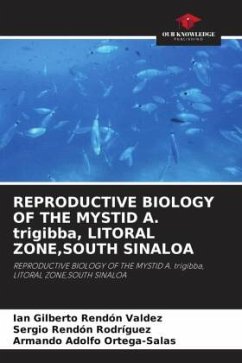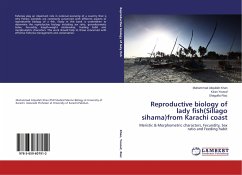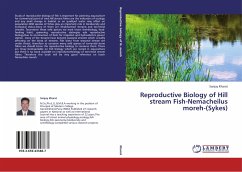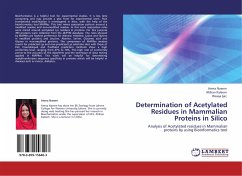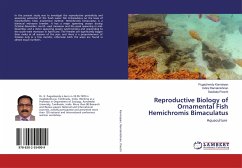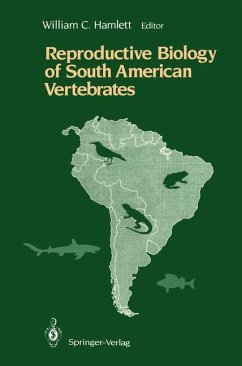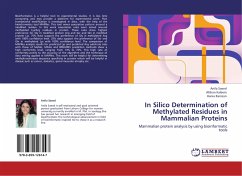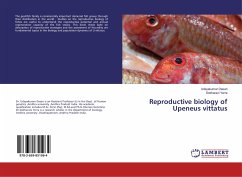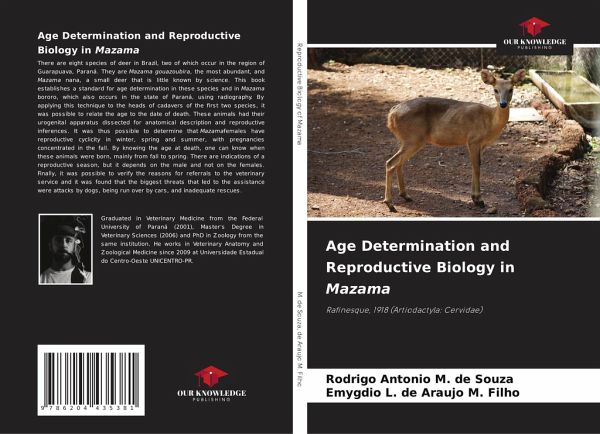
Age Determination and Reproductive Biology in Mazama
Rafinesque, 1918 (Artiodactyla: Cervidae)
Versandkostenfrei!
Versandfertig in 6-10 Tagen
41,99 €
inkl. MwSt.

PAYBACK Punkte
21 °P sammeln!
There are eight species of deer in Brazil, two of which occur in the region of Guarapuava, Paraná. They are Mazama gouazoubira, the most abundant, and Mazama nana, a small deer that is little known by science. This book establishes a standard for age determination in these species and in Mazama bororo, which also occurs in the state of Paraná, using radiography. By applying this technique to the heads of cadavers of the first two species, it was possible to relate the age to the date of death. These animals had their urogenital apparatus dissected for anatomical description and reproductive ...
There are eight species of deer in Brazil, two of which occur in the region of Guarapuava, Paraná. They are Mazama gouazoubira, the most abundant, and Mazama nana, a small deer that is little known by science. This book establishes a standard for age determination in these species and in Mazama bororo, which also occurs in the state of Paraná, using radiography. By applying this technique to the heads of cadavers of the first two species, it was possible to relate the age to the date of death. These animals had their urogenital apparatus dissected for anatomical description and reproductive inferences. It was thus possible to determine that Mazamafemales have reproductive cyclicity in winter, spring and summer, with pregnancies concentrated in the fall. By knowing the age at death, one can know when these animals were born, mainly from fall to spring. There are indications of a reproductive season, but it depends on the male and not on the females. Finally, it was possible to verify the reasons for referrals to the veterinary service and it was found that the biggest threats that led to the assistance were attacks by dogs, being run over by cars, and inadequate rescues.



